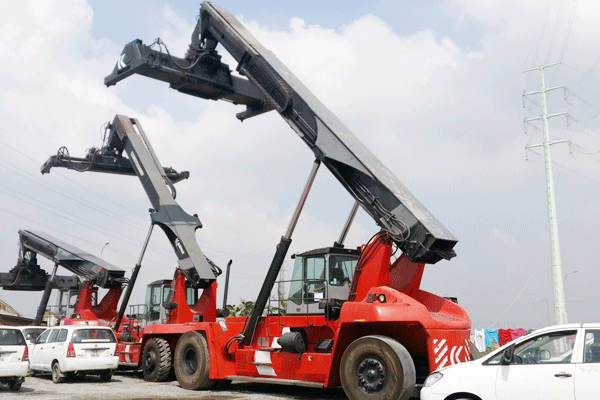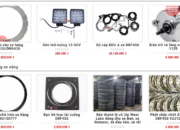Samcovina Joint Stock Company specializes in selling and leasing container forklifts, empty container forklifts. Forklift rental short-term, long-term and always check the vehicle weekly, monthly. Quick procedure, with attentive technical service, cheap price.



cho thuê xe nâng tại tphcm, xe nâng container







